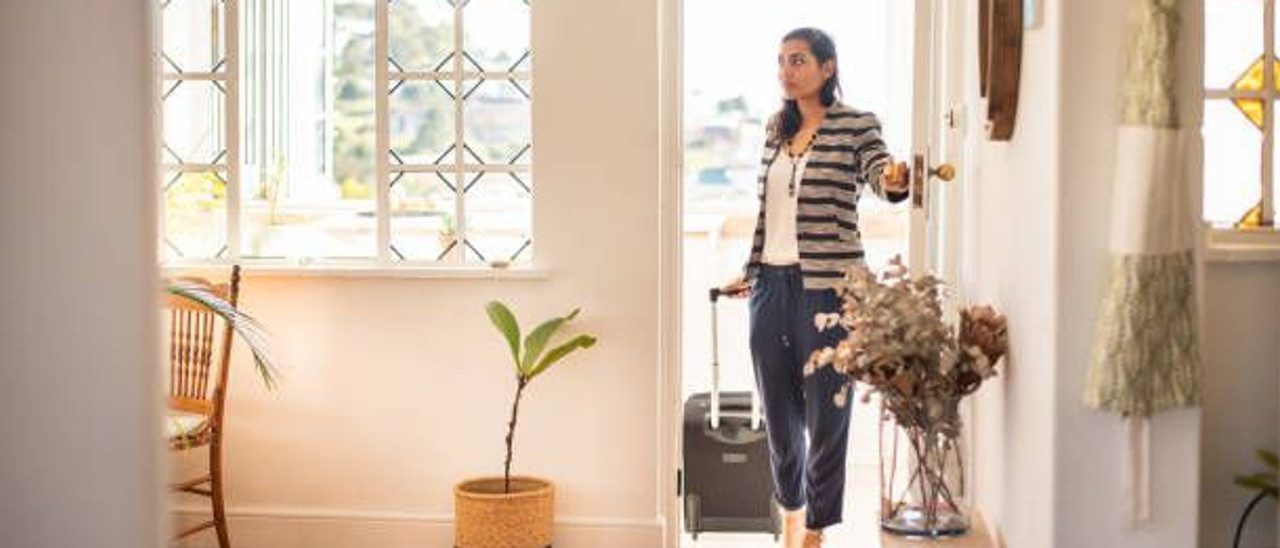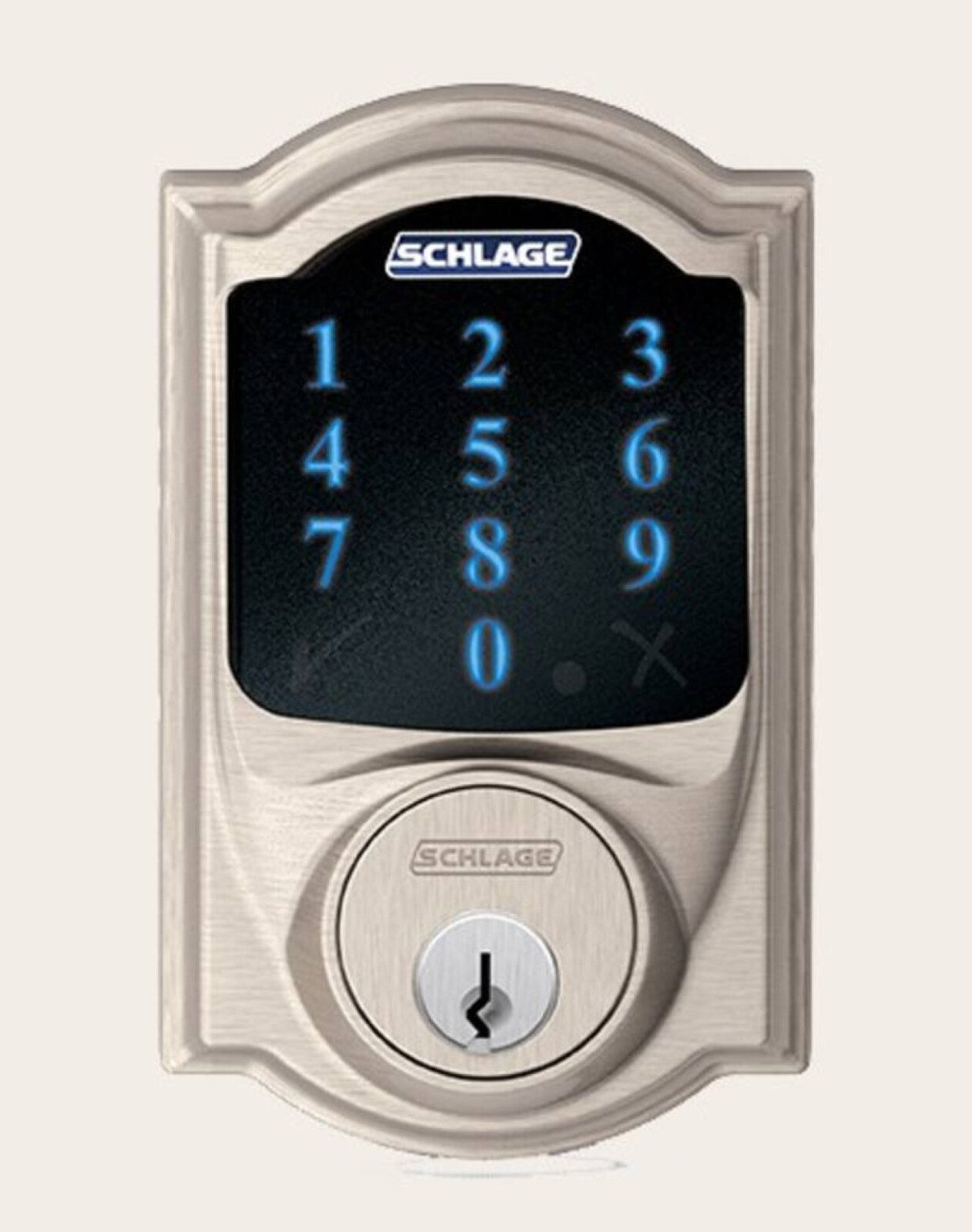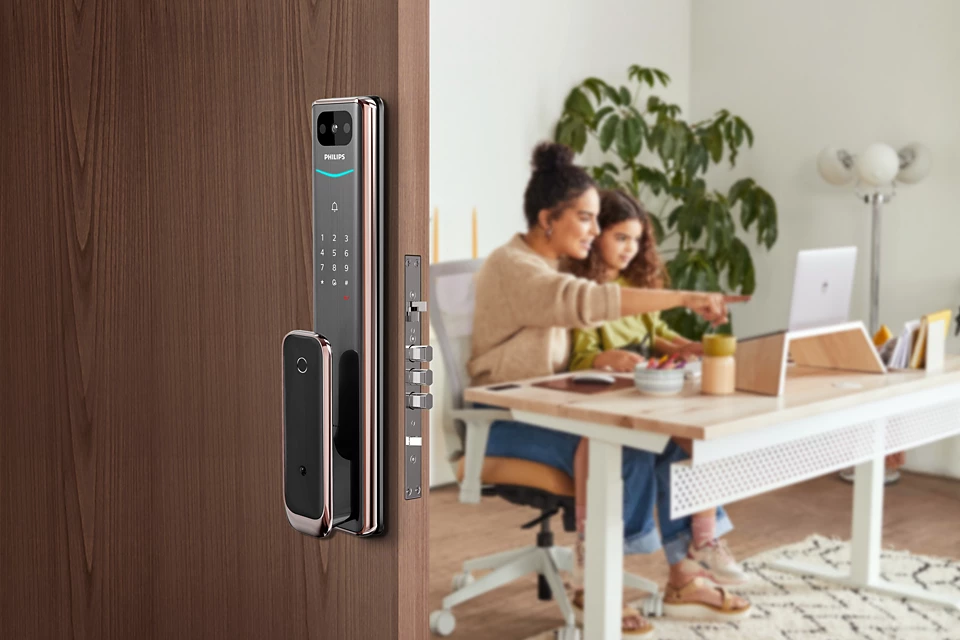In the fast-evolving world of travel and short-term rentals, self check-in has gone from a trendy option to an industry standard. Thanks to smart locks, digital codes, and mobile apps, travelers today can skip the front desk or key exchange—and many prefer it that way. But while self check-in offers ease and flexibility, it doesn’t mean the human touch is no longer needed. On the contrary, true hospitality is more important than ever.
Here are seven reasons why self check-in is here to stay—and how you can still deliver exceptional hospitality that keeps guests coming back.
1. Travelers Demand Flexibility
According to a 2023 report from Skift, travelers are prioritizing convenience more than ever. Late arrivals, delayed flights, or unpredictable road trips make it hard to commit to a specific arrival time.

With self check-in, guests don’t need to coordinate arrival windows or feel pressured by a host’s schedule. Instead, they get the freedom to arrive on their own time—without sacrificing comfort.
2. Technology Has Made It Easier (and Safer)
From smart locks like August and Schlage to platforms like RemoteLock and Yale Access, self check-in has never been more secure. Digital access systems ensure that only registered guests can enter—often with time-limited access codes.

These systems are not only safer but also reduce the risk of lost keys, lockouts, and unnecessary face-to-face contact, especially important in a post-pandemic world.
3. Self Check-In Doesn’t Replace Hospitality—It Redefines It
Some hosts worry that self check-in removes the opportunity to greet guests warmly or provide personal recommendations. But hospitality isn’t about presence—it’s about experience.
Using tools like Touch Stay, Hostfully, or even a well-designed welcome text, hosts can offer virtual guestbooks with local tips, check-in guidance, and emergency contacts. This digital hospitality often feels more professional and polished than an in-person orientation.
4. Guests Expect Digital Solutions
A 2022 Airbnb survey found that more than 70% of guests now expect self check-in options when booking a short-term rental. For frequent travelers, digital entry is no longer a perk—it’s the baseline.

By offering self check-in, property owners align with the digital-first habits of today’s consumers, especially Millennials and Gen Z, who value speed, autonomy, and minimal friction.
5. It Streamlines Operations for Hosts
For hosts managing multiple properties, self check-in is a game changer. It reduces the need for physical presence, cuts down on scheduling conflicts, and minimizes no-shows and late-night disruptions.
Smart automation tools like Hospitable, Guesty, or Your Porter let hosts send auto-messages, access logs, and verify guest identity, all while maintaining a warm, professional tone.
6. It’s Ideal for Remote or Contactless Travel
In destinations with minimal staff, late-night arrivals, or remote check-in huts like those in Iceland or New Zealand, self check-in is not just a convenience—it’s a necessity.

Even luxury hotels are adapting. Brands like Marriott and Hilton now offer mobile keys and app-based check-in, showing that automation and high-end service can coexist beautifully.
7. Hospitality Still Creates the Magic
Let’s be clear—self check-in solves logistical problems. But it doesn’t create emotional connections. That’s where hospitality still matters.
Guests remember thoughtful gestures—a handwritten note, a snack basket, a follow-up message asking if they need anything. These acts of kindness turn a smooth self check-in into a standout experience.

Hospitality isn’t about shaking hands anymore. It’s about anticipating needs, communicating clearly, and creating a sense of welcome—even from a distance.
Final Thoughts
There’s no denying it: self check-in is here to stay. It saves time, meets guest expectations, and enhances operational efficiency. But that doesn’t mean the soul of hospitality is gone—it’s simply been reimagined.
Great hosts today blend digital tools with genuine care. By combining self check-in systems with intentional hospitality touches, you offer guests the best of both worlds: independence and warmth.
So whether you run a vacation rental, boutique inn, or modern hotel, the key to success isn’t just a keypad—it’s knowing that behind every digital interaction is a guest seeking connection, comfort, and care.
Helpful Resources for Hosts:
